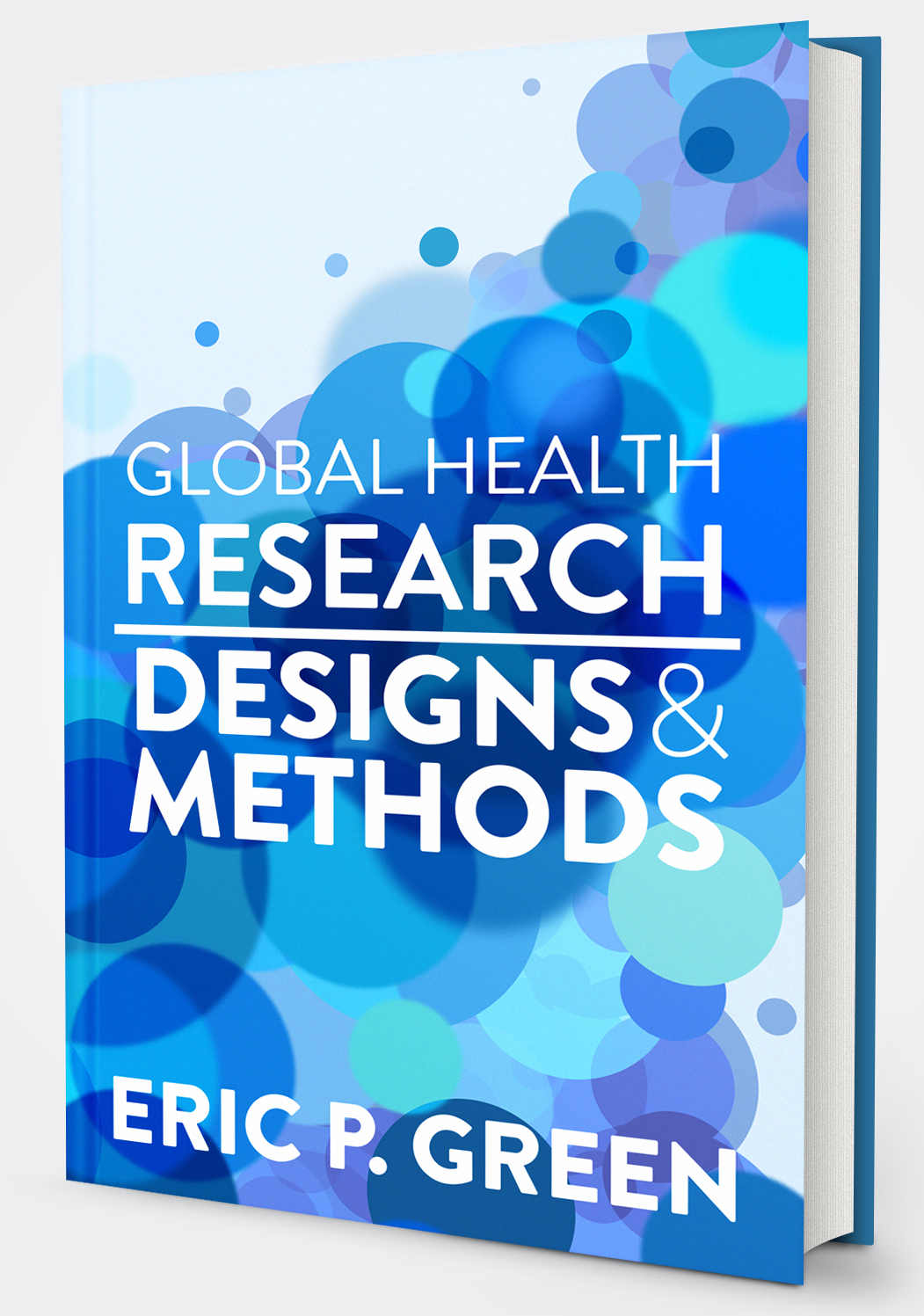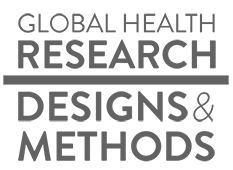The practice of global health brings together scientists and practitioners from many disciplines to tackle complex challenges. This book brings you the multidisciplinary introduction you need to get started in global health research.
About the Author
Eric Green, PhD
Green is an Assistant Professor of the Practice of Global Health at Duke University. His primary research interest is how technology can improve health and health systems in low-income settings. His research portfolio spans from formative work on human centered design to impact evaluations of individual and group interventions. Green holds a doctorate in Clinical-Community Psychology from the University of South Carolina. Green teaches several courses in the undergraduate and MSc programs, including a course on Global Health Research.

What You'll Learn
- Getting Started: Part I begins with an introduction to global health research and teaches you how to identify research problems, search the literature, and practice critical appraisal.
- Define Your Aims: In Part II, you will learn how to ask evidence-based research questions, create study aims, integrate theory, and specify important constructs, outcomes, and indicators.
- Select a Research Design: Part III turns to research designs. You will learn the core principles of causal inference and consider the strengths and limitations of research designs most commonly used in the behavioral and social sciences, public health, and medicine.
- Specify Your Methods: Part IV will help you fill in the remaining details for a Method section. In particular, you will learn about sampling and data collection procedures.
- Practice Good Science: In Part V, you will learn about the "replication" crisis gripping many fields and how open science practices offer a way forward. You will also learn tips for managing international collaborations and explore the fundamentals of research ethics.
- Make an Impact: The last Part of the book focuses on how to make an impact with your work. You will learn about publication and peer review, how to present your work effectively, and how to help your ideas and findings make a difference in policy and practice.
This book is the basis of undergraduate and graduate courses in global health research at Duke University. If you are an instructor, contact us for free access to all the supplemental materials you need to design your own course. Soft launch Fall 2019!
Free Materials
Course materials are shared under the Creative Commons Attribution-NonCommercial-NoDerivatives 4.0 International License. This means you are free to copy and redistribute the material in any medium or format, as long as you:
- give appropriate credit, provide a link to the license, and indicate any changes made
- do not use the material for commerical purposes
- if you remix, transform, or build upon the material, you do not distribute the modified material outside of a closed enrollment class (in other words, please do not use the materials as the basis for an online course open to the world)
See the license for full details.

What You'll Get
- Textbook with chapters that correspond to 6 modules.
- Video lectures
- Slide decks
- In-class activities
- Homework assignments with solutions
- Final project template
Students at Duke University can enroll in the graduate version (GLHLTH 702) or undergraduate version (GLHLTH 371, crosslisted as PSY 309) of the course. A Coursera course is in development.




